Netflix is Free in Kenya: Is this the End of the Debate on Service Subscription on the African Continent?
"The treatment of African consumers by the western countries, especially by the United States companies is mind-boggling. There are an extraordinary amount of services that are cut off from African global citizens without any rationale behind it at all", says Oduor Jagero.
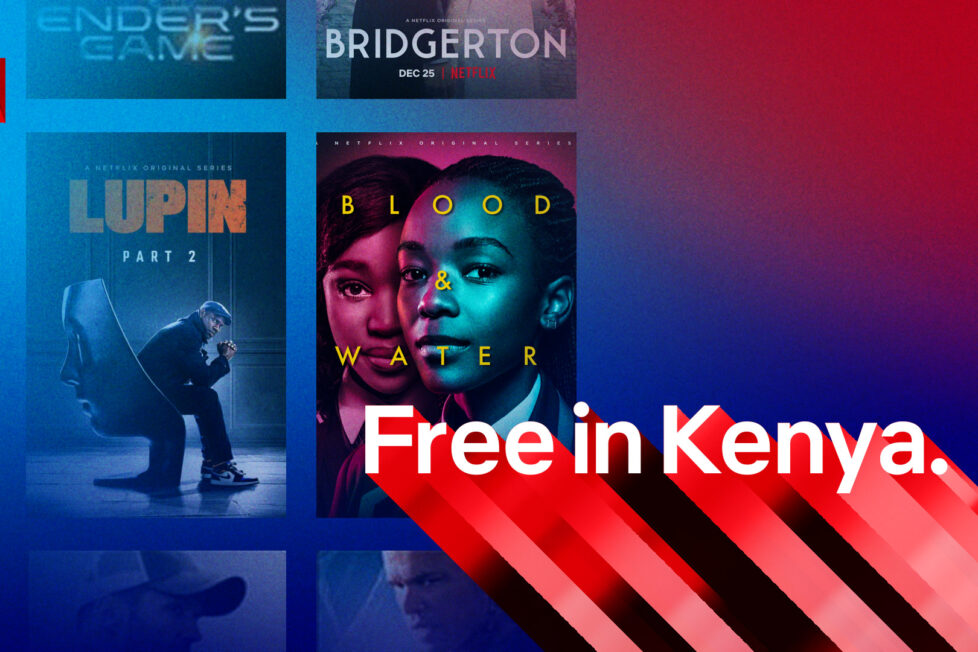




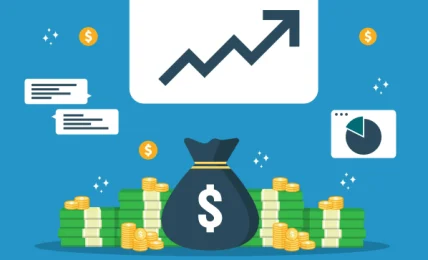
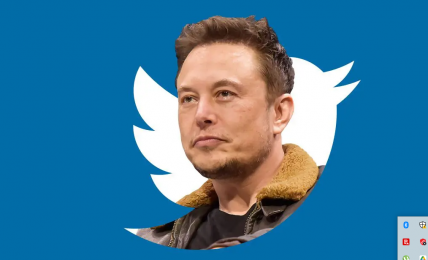
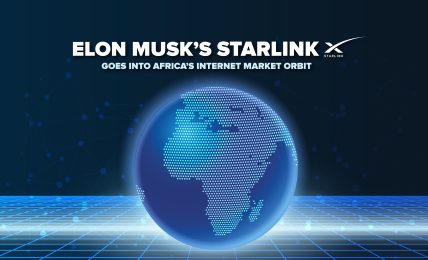
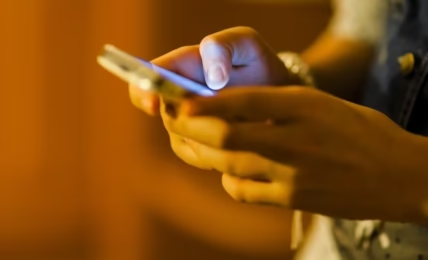
This article is an eye opener! Afrika we have a long way to go!